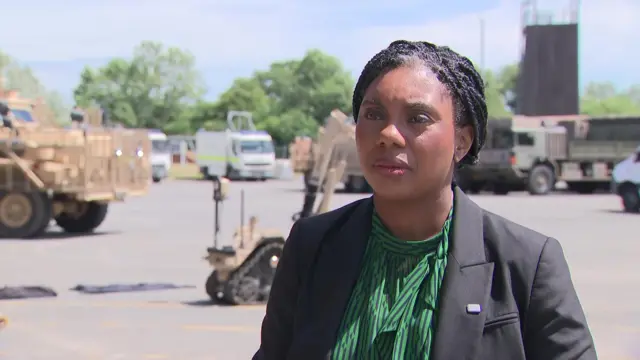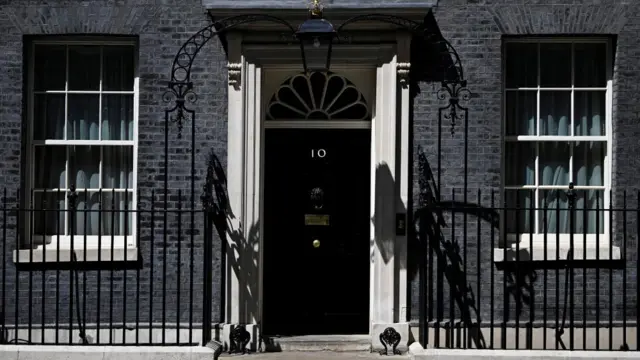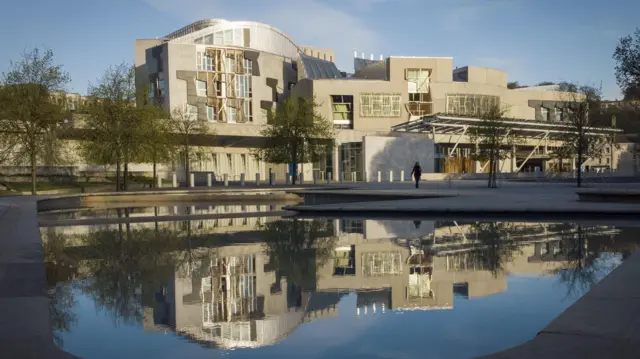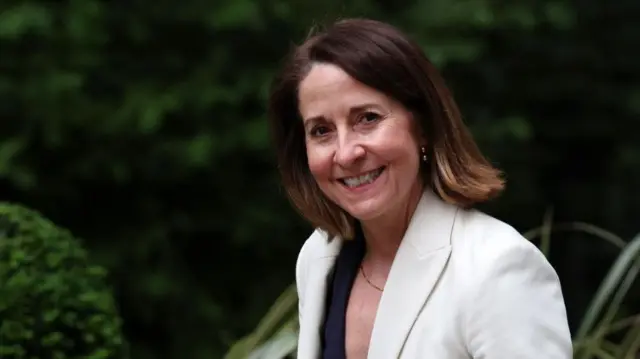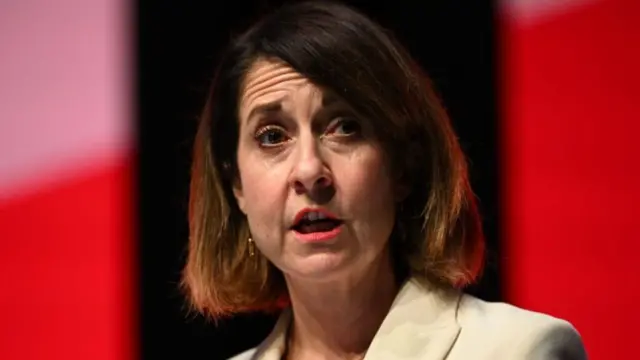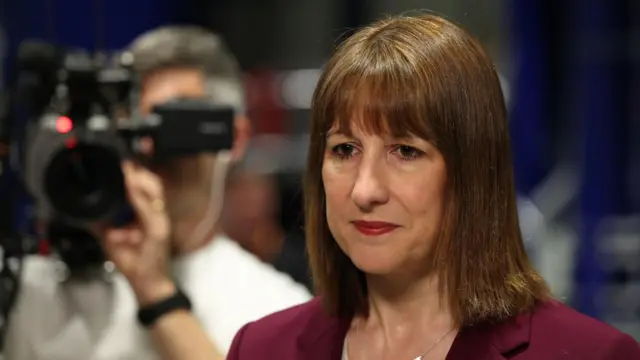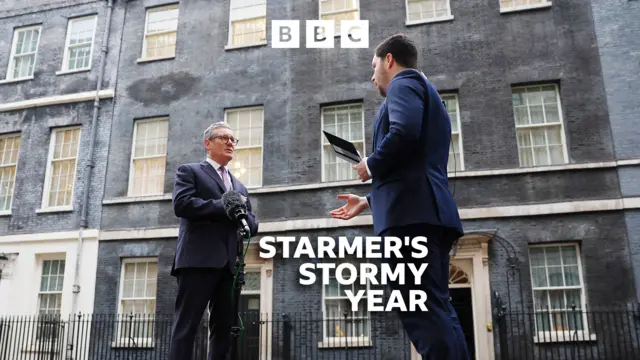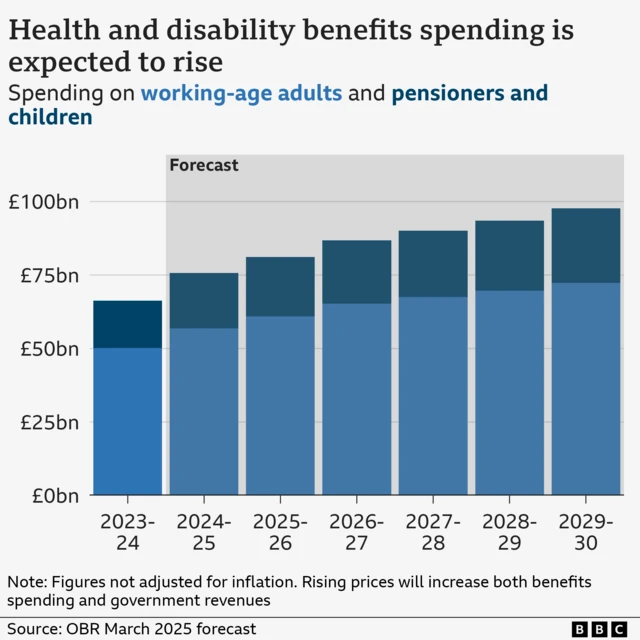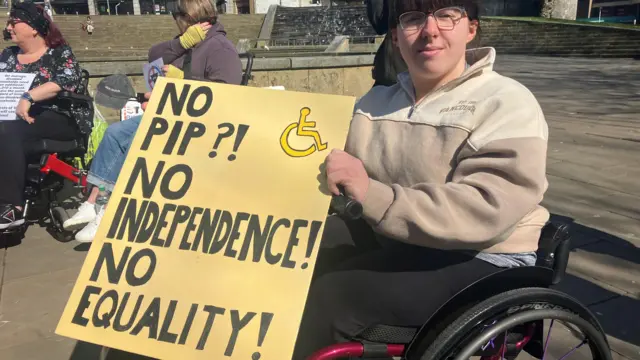Welfare U-turn may avert Labour rebellion but new concerns growpublished at 13:35 BST 27 June
The UK government has confirmed it will make major changes to its planned welfare cuts, aiming to avoid a rebellion by more than 120 Labour backbenchers.
Under the new plan, people already receiving personal independence payments (Pip) or the health element of universal credit will keep getting them. However, the cuts will apply to future claimants.
Labour MPs are mostly pleased with the change. Meg Hillier, who led the rebellion, says she would now support the bill as “it is a good step forward”.
But there are still concerns. Disability rights campaigners say the changes create “a two-tiered” system, since only future claimants will be affected by the cuts.
Conservative leader Kemi Badenoch has also slammed the government’s U-turn, saying the policy change doesn’t meet her three conditions – to reduce the welfare budget, help people into work, and promise no new tax rises.
There’s also the question of money. The Resolution Foundation estimates the welfare changes will likely cost about £3bn. Downing Street says there won’t be a “permanent” increase in government borrowing, but hasn’t ruled out tax rises.
Attention now turns to next Tuesday, when Parliament holds its second reading of the welfare bill. We’ll be following events closely.
That’s it from our live coverage today. If you’d like to read more on this story, take a look at the links below. Thank you for joining us.
- Starmer climbs down on welfare bill after Labour backlash
- Faisal Islam: How much will U-turn on disability benefits cost?
- What are the Pip and universal credit changes?
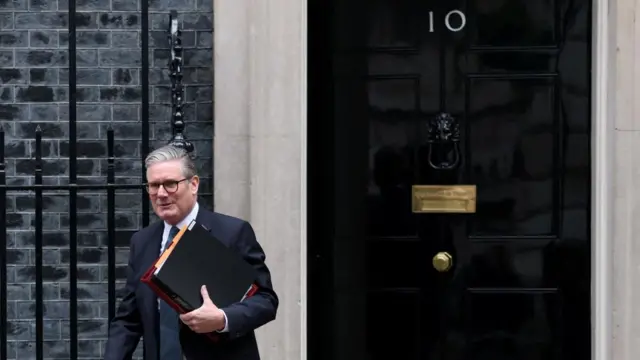 Image source, Reuters
Image source, Reuters